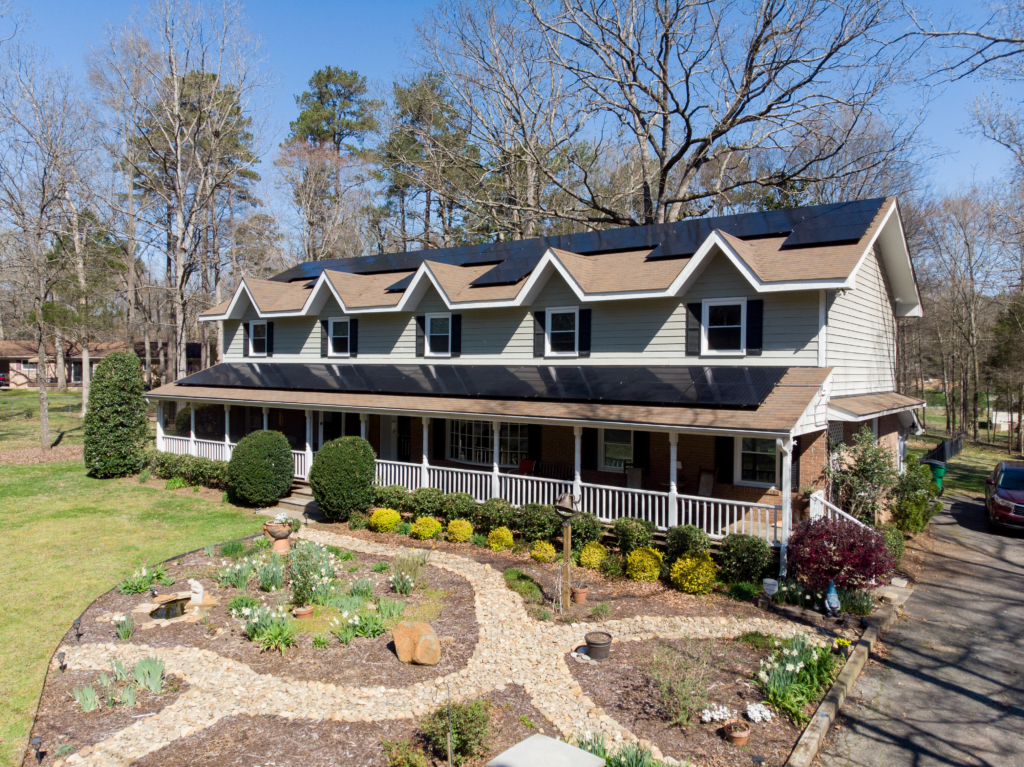Investing In Solar
Investing in Solar
The main question we are asked most frequently is if investing in solar is worth it. The short answer: YES.
For starters, when you go solar you are cutting future costs that come from paying an electric bill. Once you invest in solar you are putting your money towards the sun and are instantly benefiting from the free electricity that your panels produce.
When you go solar, you are only dependent on one thing and that is the sun! Going solar is a sustainable investment as the sun is all you need for your panels to produce energy. With that being said, even though there’s no sun at night you can still use all the energy you want if you choose to add energy storage to your solar panel system (Tesla Powerwall and Generac PWRcell).
If you invest in solar energy now, you could have a system that will produce free electricity for you for 30+ years; a solution that may reduce electricity bills up to 90%.
It is also helpful to note that if you reside in North or South Carolina, you are eligible for solar tax incentives. Regardless of where you live in 2021, the federal investment tax credit provides a 26% federal tax credit based upon the total costs of our solar system. After 2021, the 26% federal tax credit decreases to 22% in 2023.
It is important to note that during the nature of the stock market amidst COVID-19 investing in solar power is a steady upward savings curve. As sure as the sun comes up in the morning and sets in the evening, your panels are going to be making electricity—which, again, you would otherwise pay lots of money for.
Where Do I Begin When Investing in Solar?
The first step to going solar is figuring out what your needs are. How much energy are you hoping to generate? Fifty to One hundred percent? Give us a call today so we can help you decide what your best options are and allow us to put you on the right track to being more energy independent!
All in all, when you go solar you can count on the sun to rise day in and day out, providing your home with all the energy you need.

Frequently Asked Questions About Solar for Your Home:
How exactly does going solar and a solar system itself work?
How many solar panels do I need for my home?
Roof-size/available space: When we look at the size of your roof and the space available, we gather data that tell us the maximum number of solar panels your home or site can hold and we even consider shading. We use a software “Suneye” which takes a 360 picture of your roof and we use this photo to determine if your home is a good candidate for solar.
Energy Usage: When we determine energy usage we look at your past electrical bills from over the course of a year to make sure your system isn’t too big or too small.
Your Budget: We take your budget seriously and most importantly, we want you to be satisfied with our services. We take your feedback on how much you want to spend so that we can size your system appropriately.
What is solar net-metering?
Does Duke Energy offer net-metering?
Curious about the cost of a home solar system?
Ready to Own Your Own Energy?
Speak to Us Today!
